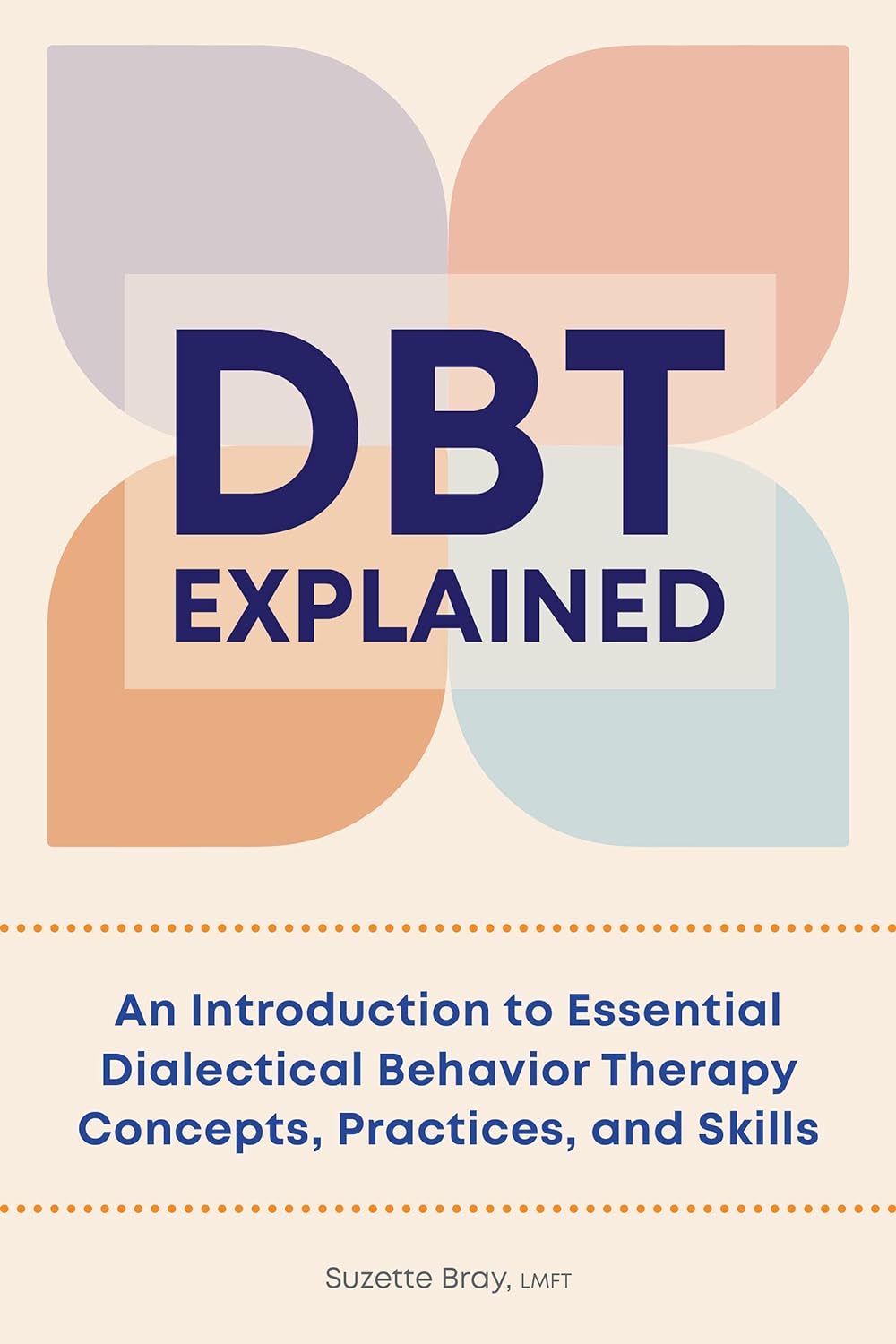Journey to Self-Discovery: DBT London's Compassionate Therapy
Journey to Self-Discovery: DBT London's Compassionate Therapy
Blog Article
Harnessing the Power of Dialectical Behaviour Treatment (DBT) Providers for Sustainable Psychological Equilibrium and Improved Relationships
In a world where emotional wellness and keeping healthy connections are critical components of a fulfilling life, the usage of Dialectical Behaviour Therapy (DBT) solutions has become a beacon of expect lots of individuals. The structured and evidence-based method of DBT uses a path towards sustainable psychological equilibrium and improved communications with others. By developing in on core concepts, individuals can develop necessary abilities for regulating emotions, boosting interpersonal effectiveness, and promoting mindfulness. However, real power of DBT exists not just in recognizing these ideas yet in the practical application of techniques in every day life. As we browse the complexities of human feelings and partnerships, harnessing the capacity of DBT services becomes a transformative journey worth discovering further.
Recognizing the Core Concepts of DBT
Dialectical Behavior Modification (DBT) is started upon a set of core concepts that underpin its restorative technique to advertising psychological balance and emotional health. One of the basic concepts of DBT is dialectics, which stresses the synthesis of apparently opposite concepts to get to a more balanced point of view. This entails identifying and approving the oppositions and stress within oneself, causing a better sense of harmony and understanding. Mindfulness is another core principle of DBT, concentrating on being completely existing in the minute without judgment. By growing mindfulness, individuals can establish an increased recognition of their behaviors, ideas, and feelings, enabling higher self-regulation and emotional control.
Recognition is likewise integral to DBT, highlighting the significance of recognizing and accepting one's experiences and feelings as valid. By integrating these core principles into treatment, DBT offers a comprehensive and efficient method to promoting emotional health and emotional durability.
Creating Psychological Policy Skills
Psychological guideline skills are important elements of Dialectical Behavior modification (DBT) that allow individuals to properly manage their emotions and navigate challenging situations with resilience. These abilities incorporate the ability to identify and understand one's emotions, endure distress, control intense feelings, and act according to individual values even in the face of emotional chaos. Developing emotional policy abilities entails discovering mindfulness techniques to stay existing in the moment, comprehending the triggers that bring about psychological dysregulation, and implementing coping methods to regulate psychological feedbacks.

With DBT services, people can cultivate a much deeper awareness of their emotions, identify patterns of behavior that add to psychological distress, and get sensible tools to manage their sensations constructively. By sharpening these abilities, people can boost their psychological knowledge, improve impulse control, and foster healthier connections. Inevitably, grasping emotional law causes greater emotional security, increased self-esteem, and an increased capability to browse life's challenges with composure and versatility.
Enhancing Interpersonal Performance

One key part of enhancing interpersonal effectiveness in DBT is learning to identify and handle feelings in social communications (DBT London). By enhancing emotional awareness, individuals can respond to others in a much more compassionate and understanding means. In addition, DBT stresses the significance of exercising mindfulness in interpersonal connections, motivating individuals to be present in their interactions and totally involve with others

Exercising Mindfulness Techniques
Developing a consistent mindfulness practice is crucial for people going through Dialectical Behavior modification (DBT) to grow emotional law and boost their interpersonal performance. Mindfulness methods, a core component of DBT, entail paying focus to today minute without judgment. With mindfulness, people can end up being much more knowledgeable about their ideas, emotions, and physical sensations, enabling them to respond to scenarios with higher clarity and control.

One more crucial element of exercising mindfulness in DBT is the idea of radical acceptance. Radical acceptance includes totally welcoming fact as it is, also when it is hard or agonizing. By approving today moment without judgment, individuals can minimize their suffering and include positive change.
Applying DBT Strategies in Daily Life
Building upon the structure of mindfulness strategies such as reflection and radical acceptance, people can incorporate DBT methods into their every day lives to promote emotional balance and boost their social skills. One effective DBT technique is the use of dialectics, which encourages people to discover the happy medium in between 2 opposing feelings or ideas. By practicing dialectics in day-to-day communications, individuals can learn to confirm their own feelings while likewise thinking about the perspectives of others. An additional crucial DBT skill for day-to-day live is distress tolerance, which involves discovering how to deal with extreme emotions without considering unsafe habits. This can be attained with strategies such as self-soothing activities, disturbance methods, or improving the minute. Additionally, social effectiveness skills educated in DBT can assist people interact their demands assertively, set limits, and maintain healthy and balanced connections. By consistently using these DBT strategies in life, people can experience sustainable emotional equilibrium and improve their general health.
Final Thought
Finally, utilizing the power of Dialectical Behavior Therapy (DBT) services can result in lasting emotional equilibrium and enhanced relationships. DBT London. By recognizing the core principles of DBT, developing emotional guideline skills, enhancing interpersonal effectiveness, practicing mindfulness methods, and using DBT strategies in day-to-day live, people can experience considerable enhancements my response in their total health and partnerships. The alternative technique of DBT uses important tools and techniques for managing feelings and constructing much healthier connections with others
Psychological law abilities are crucial parts of Dialectical Actions Therapy (DBT) that enable people to effectively manage their feelings and browse challenging situations with strength.With DBT solutions, people can cultivate a deeper recognition of their feelings, recognize patterns of actions that contribute to emotional distress, and acquire sensible tools to regulate their sensations constructively.Establishing a regular mindfulness technique is vital for individuals undertaking Dialectical Habits Therapy (DBT) to grow emotional policy and boost their social effectiveness.Structure upon the foundation of mindfulness strategies such as reflection and radical acceptance, individuals can integrate DBT approaches right into their day-to-day lives to cultivate emotional balance and enhance their interpersonal abilities. By recognizing the core principles of DBT, establishing psychological regulation skills, enhancing interpersonal effectiveness, exercising mindfulness strategies, and applying DBT techniques in daily life, people can experience considerable renovations in their overall well-being and relationships.
Report this page